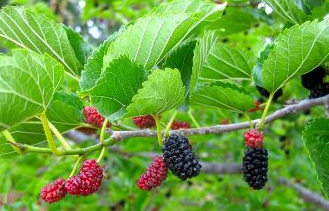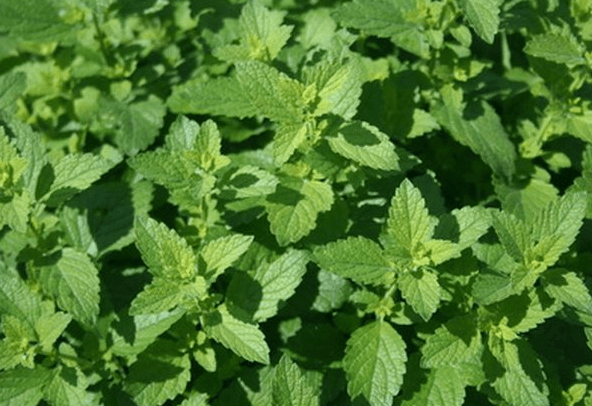Different types of herbs (Physic or medicinal, flavouring or culinary, fragrant) and their uses
Physic or medicinal; flavouring or culinary; fragrant, and those used for dyeing. In many countries they grow as wild as weeds along hedgerows and wasteland. Once a weed has become useful it reaches the status of being called an herb.
Physic herbs were once called “simples” because specific ones contained the effective components for remedying simple ills.
Fragrant or “sweet herbs” were those whose aromatic leaves and flowers were strewn on floors to sweeten the air as they were trodden on (add to keep away unwanted insects and vermin). They were picked and dried for a potpourri blend, for sweet bags, and for incorporating into numerous other household recipes in the still- room of the mistress of the house.
Herbs and some vegetables were also important for dyeing cloth.
“Pot herbs” were more like an early form of vegetable. They were used in cooking for the flavor and nourishment in their leaves roots and stems.
“Salad herbs”, eaten raw, were usually leafy and included many chopped up culinary herbs.
Herbs contain their own particular properties and essences and some medicinal plants if taken in large quantities can be poisonous. If prescribed in the correct proportions and mixtures by a trained practitioner they can be quite effective. Many chemical medicines today have been derived, and then synthesized, from herbs. The sedative drug Valium is a synthesized substance found in the root of the herb valerian, long esteemed for its calming and soothing effect. The pretty foxglove (Digitalis Purpurea) is a plant which is a heart drug and can be fatal if the leaves are eaten as a salad. A derivative of foxglove is today a chemical orthodox drug and is prescribed with safety by doctors for certain heart ailments. Medicinal plants are beyond the scope of this book, which deals mainly with culinary and salad herbs which are tasty and healthy giving. When eating them, or taking them as a tea, it is wise to very them and sometimes blend them, and not eat or drink only one herb many times a day, every day for months , unless prescribed by a professional. There are very reputable herbal remedy companies that make tablets and medicines, teas and ointments, which have given countless numbers of people reliefs from distressing illnesses.





